-
Property & Casualty
Property & Casualty Overview

Property & Casualty
We offer a full range of reinsurance products and the expertise of our talented reinsurance team.
Trending Topics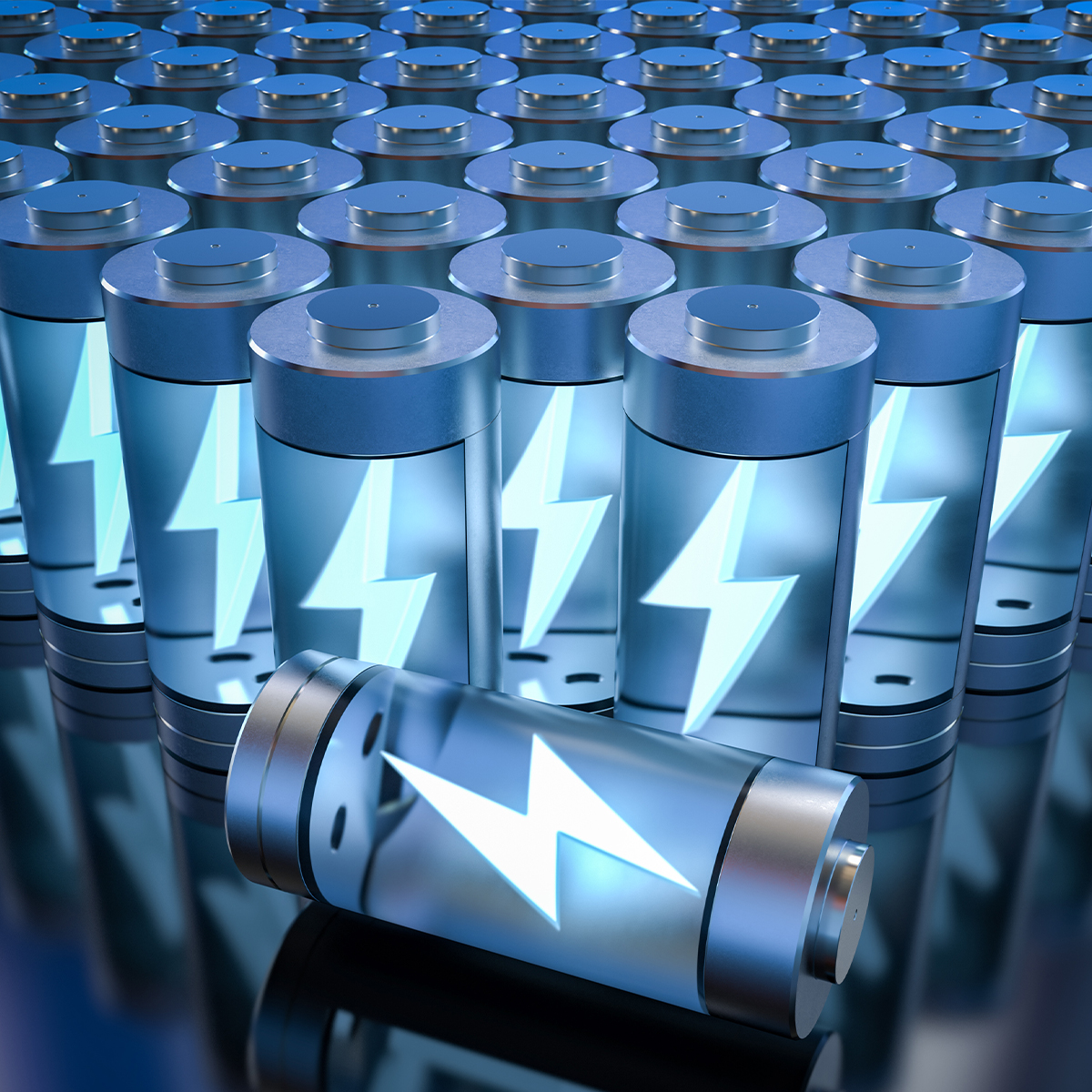
Publication
Production of Lithium-Ion Batteries
Publication
Time to Limit the Risk of Cyber War in Property (Re)insurance
Publication
Generative Artificial Intelligence in Insurance – Three Lessons for Transformation from Past Arrivals of General-Purpose Technologies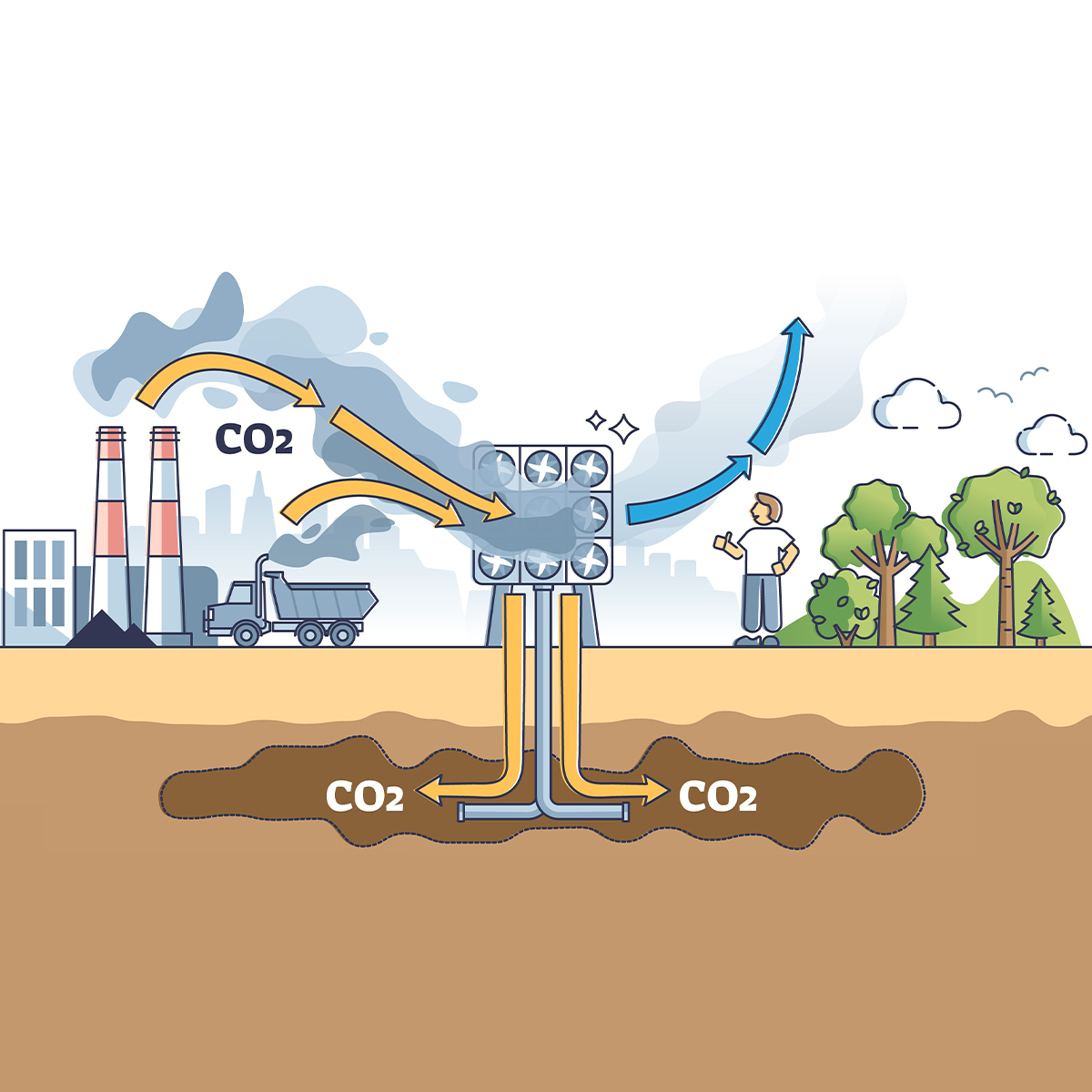
Publication
Human Activity Generates Carbon and Warms the Atmosphere. Is Human Ingenuity Part of the Solution?
Publication
Inflation – What’s Next for the Insurance Industry and the Policyholders it Serves?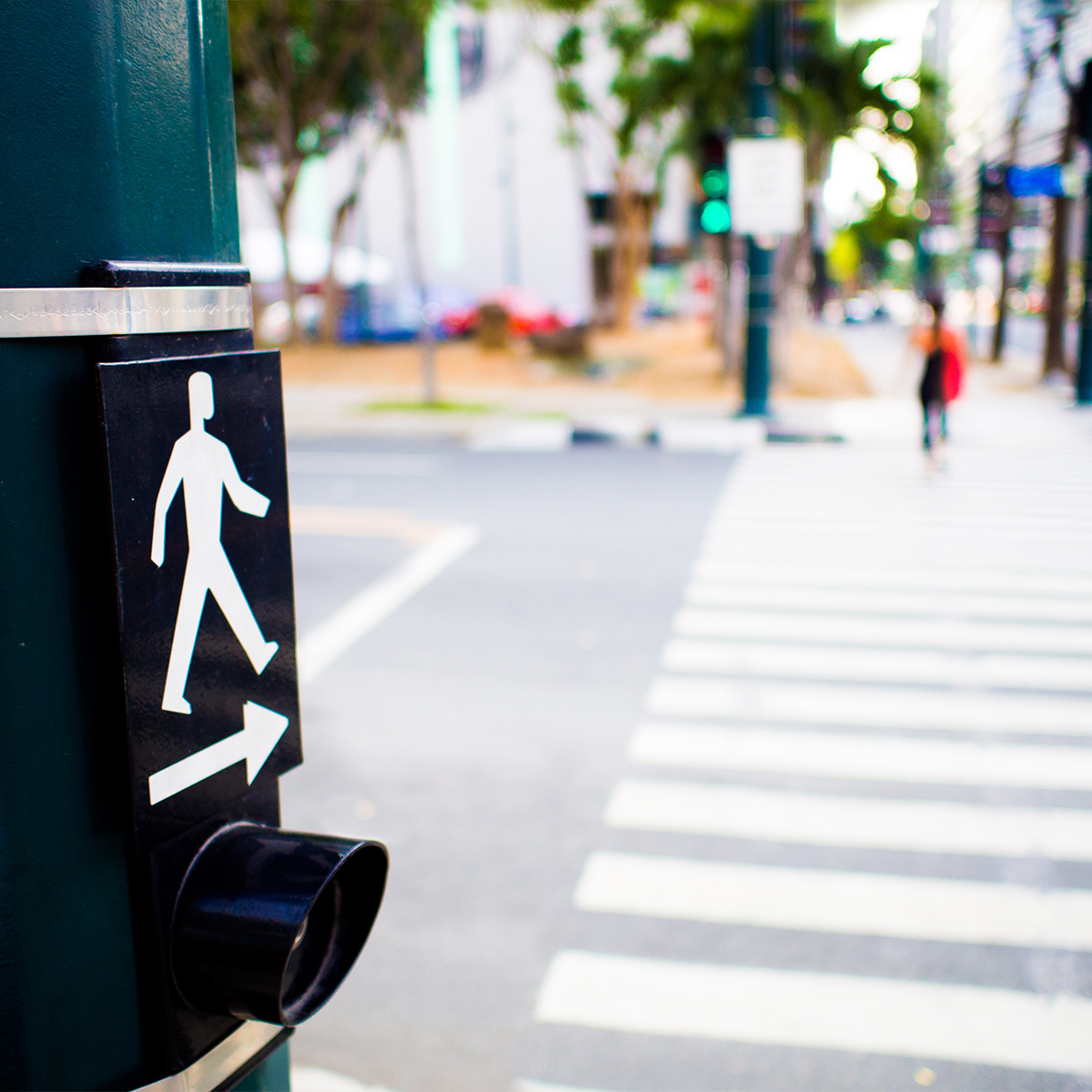
Publication
Pedestrian Fatalities Are on the Rise. How Do We Fix That? -
Life & Health
Life & Health Overview

Life & Health
We offer a full range of reinsurance products and the expertise of our talented reinsurance team.
Training & Education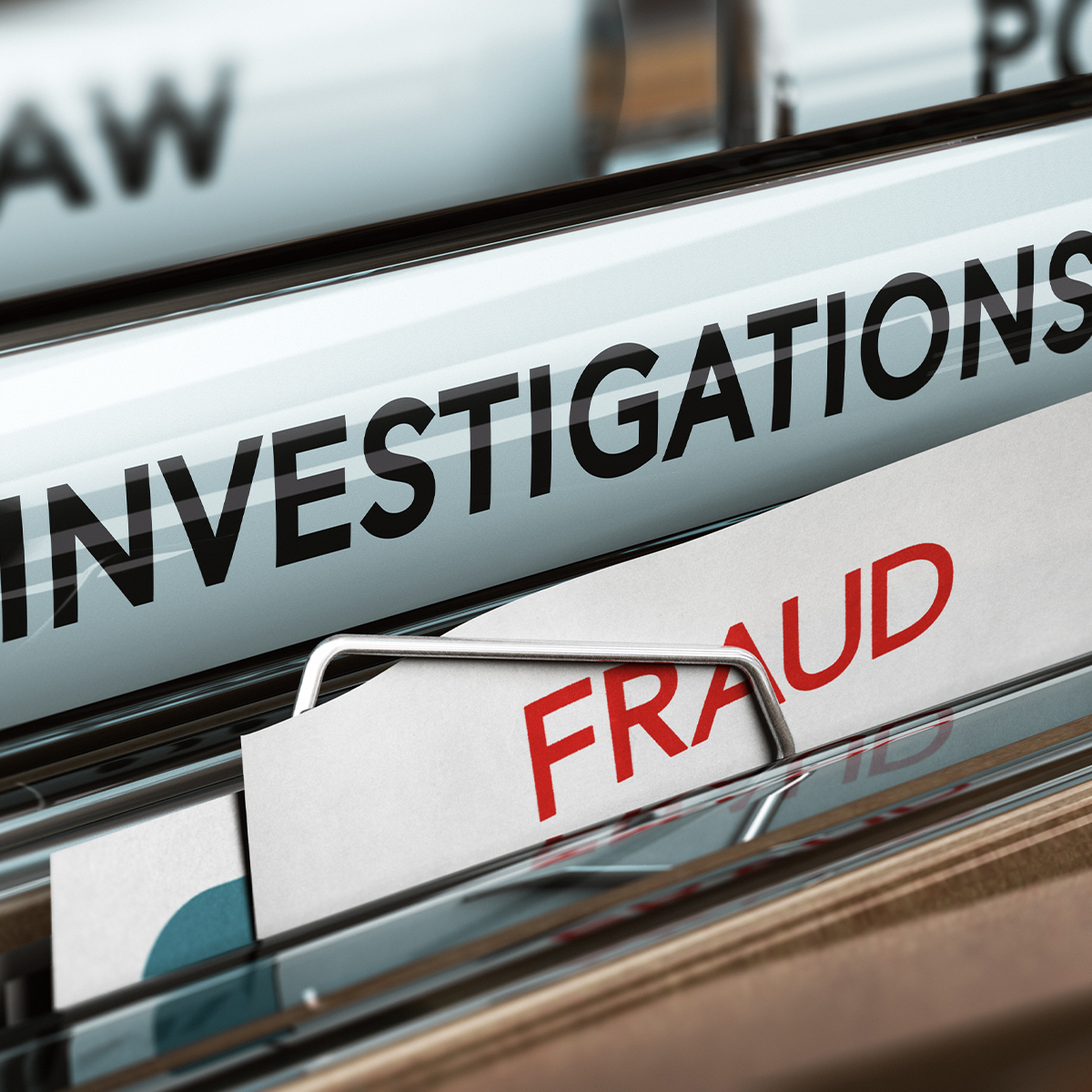
Publication
Key Takeaways From Our U.S. Claims Fraud Survey
Publication
The Effects of Heatwaves – A Look at Heat-related Mortality in Europe and South Korea
Publication
The Key Elements of Critical Illness Definitions for Mental Health Disorders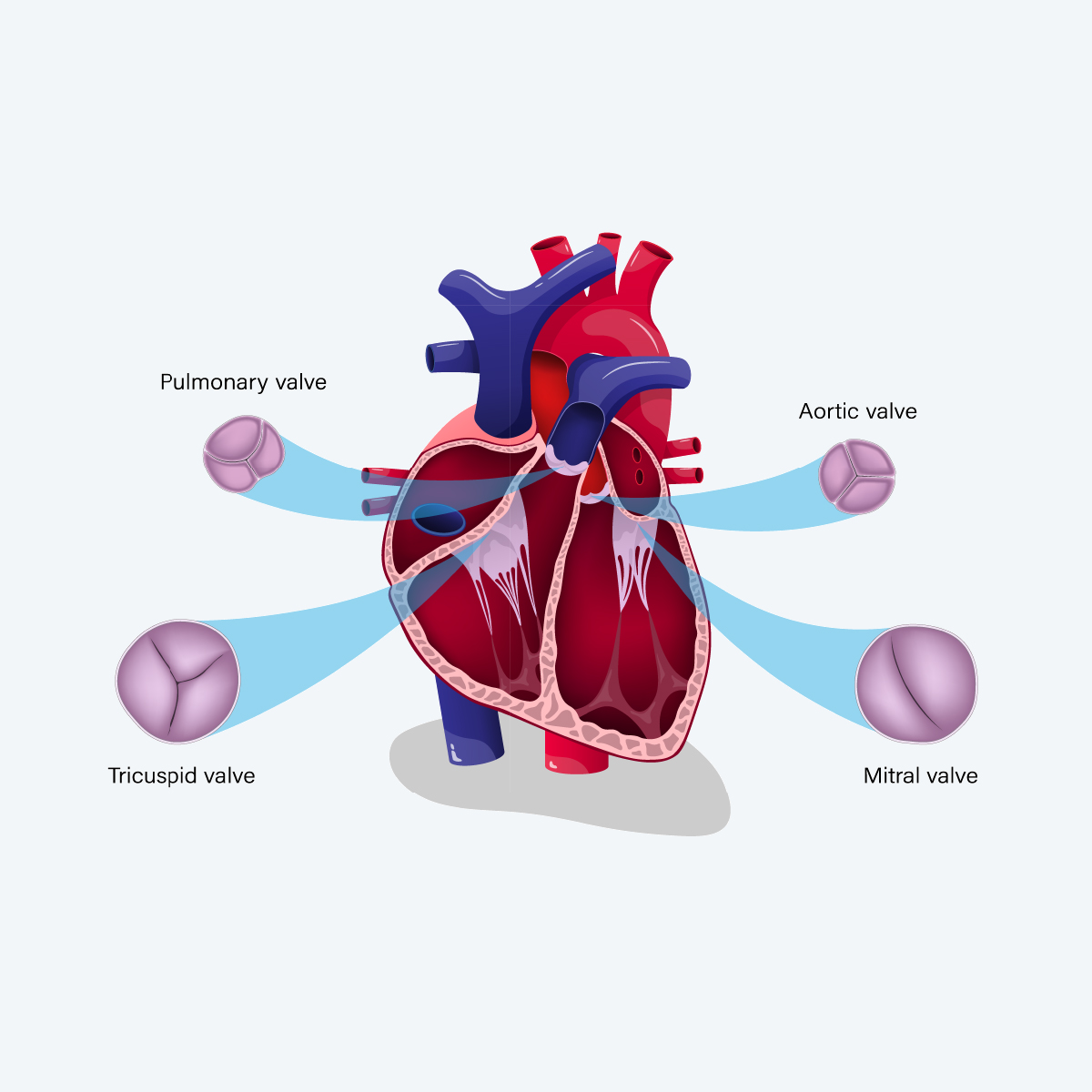
Publication
An Overview of Mitral Regurgitation Heart Valve Disorder – and Underwriting Considerations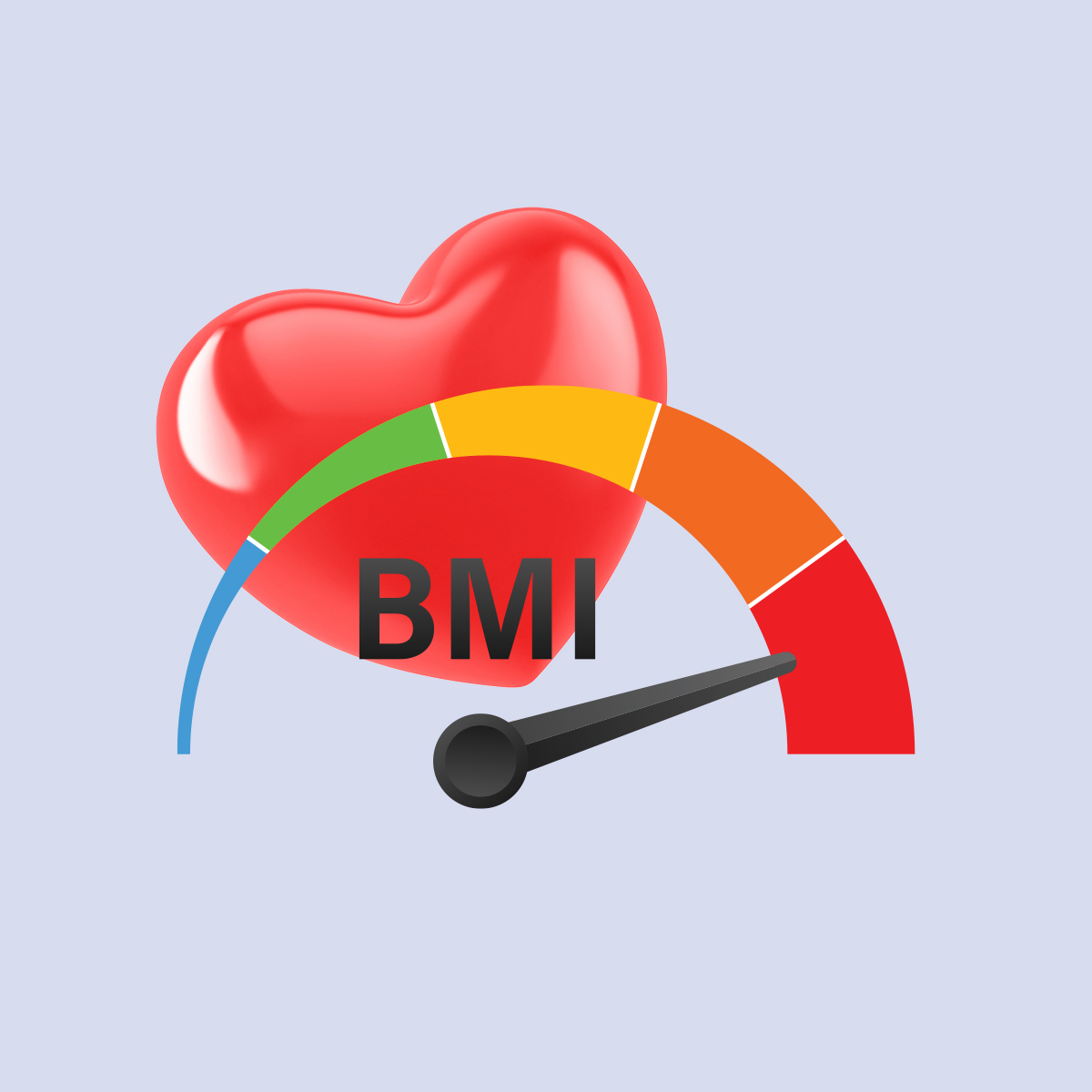
Publication
Body Mass Index as a Predictor of Cardiovascular Health Moving The Dial On Mental Health
Moving The Dial On Mental Health -
Knowledge Center
Knowledge Center Overview

Knowledge Center
Our global experts share their insights on insurance industry topics.
Trending Topics -
About Us
About Us OverviewCorporate Information

Meet Gen Re
Gen Re delivers reinsurance solutions to the Life & Health and Property & Casualty insurance industries.
- Careers Careers
Dieselgate: Emissions Scandal Moves Up a Gear Following Recent Court Rulings in Germany

May 13, 2019
Nina Dahm-Loraing
Region: Germany
English
It’s estimated that the ongoing “dieselgate” emissions scandal has already cost Volkswagen around EUR28 billion. Hiltrud Werner, VW’s head of legal affairs tasked with overseeing the firm’s recovery, has admitted that 2019 could be the “most difficult year ever".1
American regulators have recently filed a lawsuit claiming VW misled investors in the run-up to “dieselgate”,2 while the carmaker is already under siege from investors in Germany who are demanding EUR9.26 billion in damages.3
Now court actions involving car buyers in Germany are adding to the carmaker’s woes.
Earlier this year, the Higher Regional Court of Cologne ruled that VW must reimburse the purchaser of a used Audi A4 affected by the exhaust emissions scandal. It said VW, which owns the Audi brand, must repay the purchase price, less the benefits derived “due to intentional immoral damage in accordance with § 826 BGB (German Civil Code) (order of 3 January 2019, Ref.: 18 U 70/18)”.4
The Higher Regional Court did not allow VW an appeal because the case did not raise any unresolved legal issues and could be decided without recourse to the highest court's jurisdiction.
A similar decision by the Regional Court of Cologne (judgement of 2 October 2018, Ref.: 7 O 40/18) has already been reported in the November newsletter of our (German language) publication PHi.
Somewhat contradictorily, in another recent case, the Braunschweig Higher Regional Court ruled that the purchaser of a new VW Eos 2.0 TDI looking for compensation “has neither contractual nor tortious claims against Volkswagen AG as the manufacturer of the vehicle” (judgment of 19 February 2019, Ref.: 7 U 134/17).5 However, the Higher Regional Court allowed the appeal to the Federal Supreme Court (BGH).
Setting a new precedent
The car makers’ legal problems in Germany could however be magnified now that two of the country’s higher courts have provided rulings that set a precedent for lower courts.
At the end of February, the BGH published an order stating that “a vehicle equipped with an impermissible “defeat device” may have a material defect within the meaning of § 434 Para. 1 Sentence 2 No. 2 BGB (Order of 8 January 2019, Ref.: VIII ZR 225/17)”.6
The impetus for publishing the order presumably stems from the series of out of court settlements struck by Volkswagen when appeal and revision proceedings appeared to not be going in their favour. Following yet another appeal revocation, the BGH took the opportunity to publish its decision in which it had drawn the parties’ attention to its preliminary legal opinion.
In the case in question, the plaintiff had purchased a VW Tiguan 2.0 TDI. After the Federal Motor Transport Authority ordered Volkswagen AG to remove the defeat device from all vehicles with an EA 189 Euro 5 diesel engine, the plaintiff filed an action demanding a replacement vehicle.
The Bayreuth Regional Court considered the defeat device a material defect and sentenced the defendant (VW) to rectify the defect by installing the software update; the carmaker further claimed that it couldn’t replace the car because the model had been superseded.
In its reference decision, the BGH stated that the use of the software at issue in the dispute, which activates increased exhaust gas recirculation when the test bench run is detected, would be inadmissible pursuant to Art. 5 (2) of Regulation (EC) No. 715/2007.
It stated that the purpose of the regulation was to ensure that the emission limit values recorded related to the actual behaviour of vehicles when in use and that “the substantial reduction in nitrogen oxide emissions from diesel vehicles required to improve air quality and comply with the air pollution limit values was achieved”.
According to the case-law of the administrative court, such a vehicle is not in compliance with the regulations pursuant to § 5 (1) of the Vehicle Approval Ordinance (FZV) and no longer corresponds to an approved type, contrary to the approval requirements pursuant to § 3 para. 1 sentence 2 FZV.
In addition, “the fact that in the meantime only the successor model of the VW Tiguan was available on the market did not make it impossible to supply a replacement”.
The court summed up by saying, “the focus for the seller is whether the costs for the supplementary performance chosen by the buyer - here: replacement delivery in the form of the procurement of the successor model - are disproportionate in the sense of § 439 Para. 4 BGB”.
Intentional immoral damage
In another case, Karlsruhe Higher Regional Court stated that, according to its preliminary legal opinion, a plaintiff’s claims for damages against Volkswagen AG for intentional immoral damage pursuant to Sections 826, 31 and 831 of the German Civil Code (BGB) may be justified (reference order of 5 March 2019, Ref.: 13 U 142/18).7
On 28 March 2011, the plaintiff purchased a new VW Sharan 2.0 TDI from a car dealership for EUR33,274. The TDI contained an EA 189 Euro 5 diesel engine affected by the exhaust gas scandal. The software update offered by VW via its service partners was not carried out by the plaintiff. In a lawyer's letter dated 6 March 2017, the plaintiff unsuccessfully requested the defendant to pay the purchase price less compensation for use.
However, the Higher Regional Court’s opinion resulted in the Offenburg Regional Court ordering VW to pay the plaintiff EUR25,510 (purchase price less compensation for use for almost 70,000 km driven) plus interest against handover and transfer of ownership of the vehicle for deliberate immoral damage (judgment of 22 May 2018, Ref.: 3 O 111/17).
It was found that VW not only disregarded statutory exhaust emission values but had also created a system for the planned concealment of its actions vis-à-vis supervisory authorities and consumers with the defeat device. VW's appeal against this ruling was scheduled for 12 April 2019.
Insurers on the hook?
Insurers should monitor these legal developments carefully because the potential implications are huge - particularly with regard to legal protection and directors & officers (D&O) portfolios.
The diesel scandal has already cost insurers in Germany EUR380 million in legal expenses, according to GDV figures. By the end of 2018, 144,000 diesel car owners had used their legal protection insurance to sue manufacturers or dealers. The average amount in dispute was EUR23,000; the total amount was around EUR3.3 billion.
D&O insurers’ exposure is considerable because VW and its executives can be expected to face criminal and/or regulatory investigations not just in Germany, but in Europe, the US and in other jurisdictions.
They can also be expected to face civil claims globally, including class action claims by investors, alleging that a failure to disclose the emissions rigging to the financial markets led them to buy, or to hold onto, VW shares.
It follows that companies (and their directors) that VW may have contracted to design, manufacture and/or install defeat devices, could also find that they are in scope for similar investigations and civil claims.
Such developments support Hiltrud Werner’s prediction that 2019 could be the carmaker’s most difficult year yet; insurance carriers caught in the legal crossfire will be hoping that it doesn’t go too badly for them.
Endnotes
- https://www.bbc.co.uk/news/business-47524588
- https://www.bbc.co.uk/news/business-47578888
- Press release OLG Braunschweig from March, 25. 2019: http://www.oberlandesgericht-braunschweig.niedersachsen.de/startseite/aktuelles/presseinformationen/5-verhandlungstag-im-kapitalanleger-musterverfahren-gegen-vw-und-porsche-vor-dem-oberlandesgericht-braunschweig-175317.html
- https://www.justiz.nrw.de/nrwe/olgs/koeln/j2019/18_U_70_18_Beschluss_20190103.html
- http://www.rechtsprechung.niedersachsen.de/jportal/?quelle=jlink&docid=KORE207482019&psml=bsndprod.psml&max=true
- http://juris.bundesgerichtshof.de/cgi-bin/rechtsprechung/document.py?Gericht=bgh&Art=pm&Datum=2019&Sort=3&anz=30&pos=8&nr=92892&linked=bes&Blank=1&file=dokument.pdf
- http://www.olg-karlsruhe.de/pb/,Lde/Startseite/Medien/Oberlandesgericht+Karlsruhe+-+Zivilsenate+in+Freiburg+-+zu+_Dieselverfahren_/?LISTPAGE=1149539





